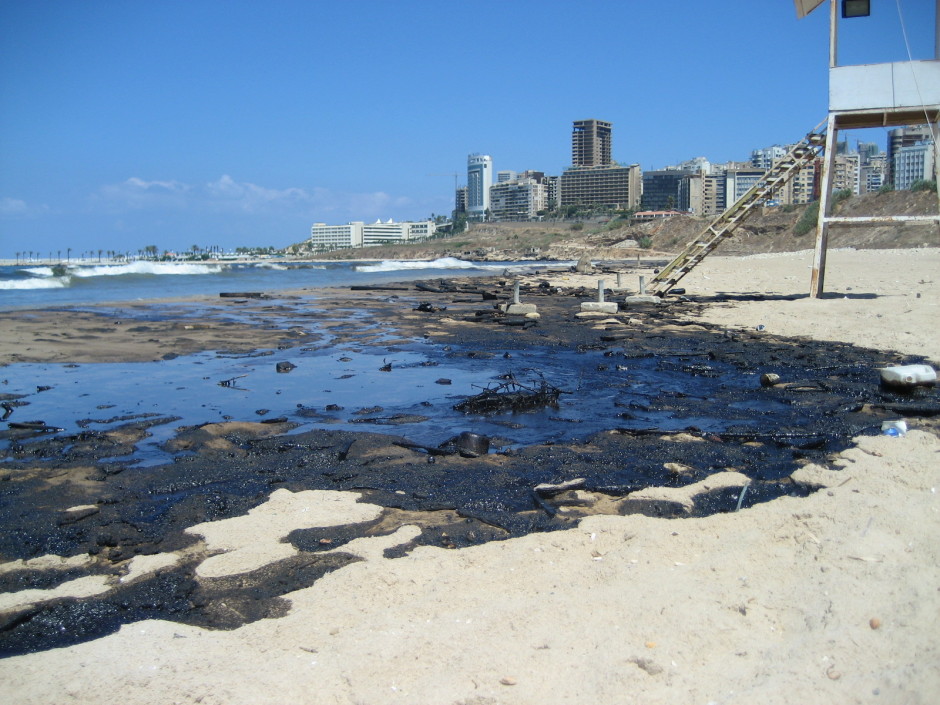By a margin of 170-6, with three abstentions, the United Nations General Assembly recently passed a non-binding resolution awarding Lebanon $856.4 million in damages for a massive oil spill caused by Israel during the Second Lebanon War in the summer of 2006.
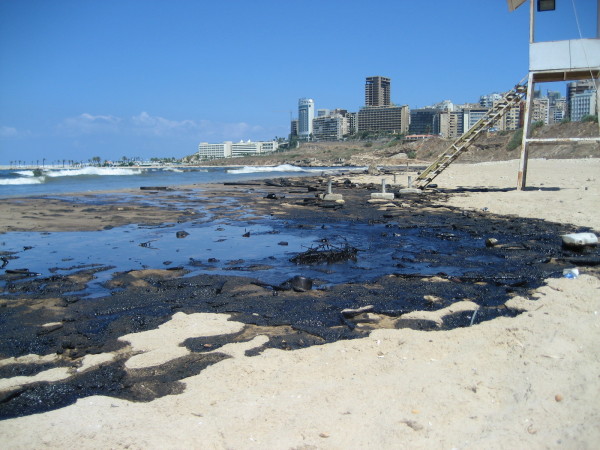
Apart from Israel, only five countries — the United States, Canada, Australia, Micronesia and the Marshall Islands — voted against the motion.
It noted that an Israeli air force bombing raid on oil storage tanks on Lebanon’s coast had caused an “environmental disaster” for which Israel is responsible and should pay.
It’s an absurd resolution, though it’s symbolic and unenforceable.
As Israel’s mission to the UN correctly pointed out, the resolution was blatantly biased because it failed to mention the obvious: the war broke out in reaction to Hezbollah aggression.
One may question Israel’s judgment in having rushed to war so quickly, but the fact of the matter is that Hezbollah — a Lebanese Shiite organization whose leadership rejects Israel’s very existence — triggered it.
Bearing in mind Hezbollah’s direct culpability, the resolution should have held it liable for the oil slick that coated the Lebanese coastline following Israel’s air strike.
Lest we forget, the war really began with a Hezbollah bombardment of the northern Galilee, followed by a Hezbollah raid into sovereign Israeli territory during which three Israeli troops were killed in an ambush and two other soldiers — Ehud Goldwasser and Eldad Regev — were kidnapped. (Some years later, in a prisoner exchange, the corpses of the abductees were returned to Israel).
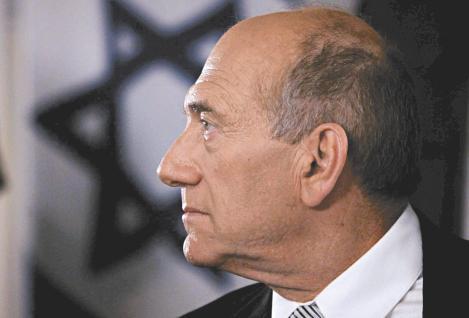
These incidents prompted Israel’s prime minister, Ehud Olmert, to blame Lebanon’s government for the upsurge of violence along the border, since Hezbollah launched its attacks from Lebanese territory, and to warn of a “very painful and far-reaching response.”
Hezbollah has been a thorn in Israel’s side since its creation in the mid-1980s, following Israel`s invasion of Lebanon in 1982. Israel and Hezbollah fought a guerrilla war in Israel`s self-declared security zone in southern Lebanon for more than a decade. In May 2000, Israel unilaterally withdrew, leaving the Lebanese army in charge of securing the border region.
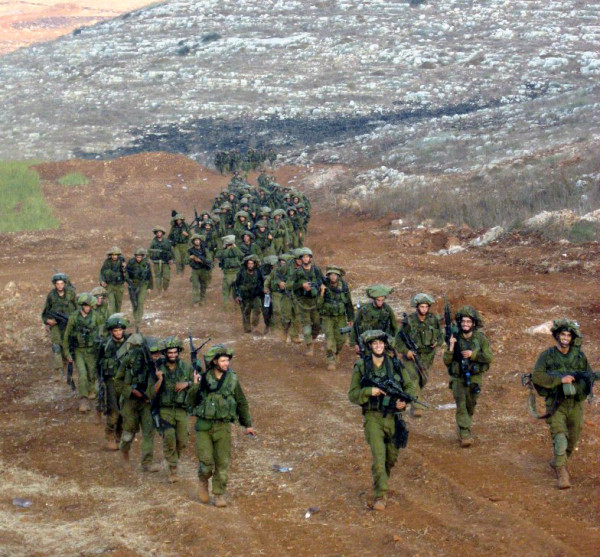
Due to military weakness and a lack of political resolve, Lebanon failed to patrol the frontier area, tacitly allowing Hezbollah — supported by Iran and Syria — to build up its forces and fan tensions with Israel.
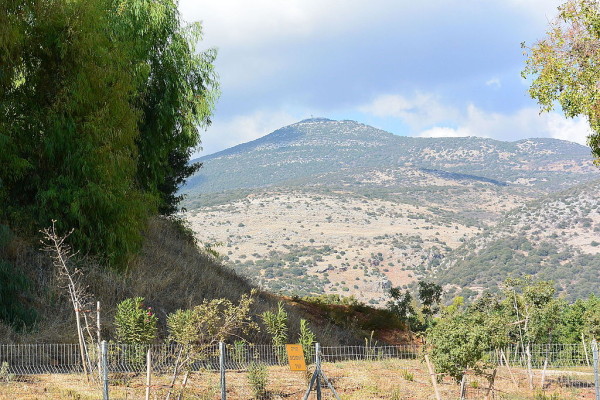
In the next few years, Hezbollah engaged Israel in a series of deadly clashes. Hezbollah justified its belligerence partly on the basis of Lebanon’s dubious territorial claim to Mount Dov, or Shebaa Farms, a small region Israel wrested from Syria during the Six Day War and still holds.
Proceeding from the faulty assumption that it could test Israel’s resolve with impunity, Hezbollah attacked a routine Israeli border patrol inside Israel on July 12, 2006. Hezbollah’s leader, Hassan Nasrallah, expected a relatively mild, tit-for-tat reply. Instead, as he later admitted, he got a lot more than he had bargained for — a fullscale war.
During the one-month war, Israel bombed Lebanese infrastructure, including those oil storage tanks. Israel had explicitly warned the Lebanese authorities that Hezbollah aggression would bring the wrath of the Israeli military on Lebanon.
The 2006 war has had a deterrent effect on Hezbollah, which since has been careful not to launch major assaults on Israel. But Hezbollah continues to goad Israel with the odd pinprick attack. Nearly two months ago, Nasrallah claimed that Hezbollah is “fully ready in southern Lebanon” and would fire rockets at Ben-Gurion Airport and Israeli sea ports should another war break out.
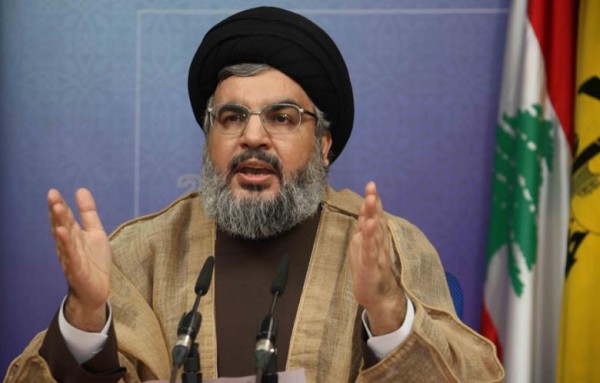
Responding to Nasrallah’s war-mongering, Israeli Transportation Minister Yisrael Katz, a hawk, issued a dire warning on his Facebook page. “If such a scenario does materialize, we will raze Lebanon to the ground,” he wrote. “We will return it to the Stone Age and bury (Nasrallah) under the rocks.”
As seasoned Israeli observers have suggested, a war pitting Israel against Hezbollah would be fierce and costly for both sides.
This past September, Colonel Dan Goldfus, the commander of an Israeli army brigade, told Channel 2 that Israel is preparing for “a very violent war” with Hezbollah in the future. It would be far longer and bloodier than Israel’s 50-day war with Hamas in July and August, he added.
Indeed, as an unidentified senior Israel Defence Forces official said about a week later, Hezbollah, in the next war, will try to capture land in northern Israel from a network of tunnels it has allegedly constructed.
Hezbollah, which fired 4,000 rockets at Israel in the last war, has an arsenal of some 100,000 missiles, 10 times as many as Hamas, and could probably field 30,000 fighters, some of whom have gained valuable battlefield experience in Syria fighting rebels alongside the forces of Syrian President Bashar a-Assad.
Hezbollah is a formidable foe and Israel should treat it accordingly. But Israel should not pay reparations to Lebanon for a war that was ignited by Hezbollah.
This commentary appeared in The Times of Israel
